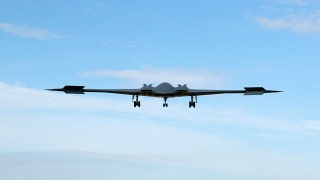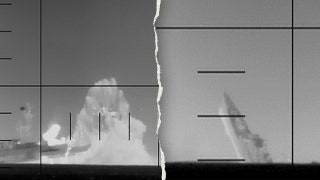COLOMBO, Sri Lanka – Sri Lankan President Mahinda Rajapaksa's decision to deny entry to U.N. investigators is intended to undermine the credibility of an ongoing war crimes inquiry, an activist said Thursday.
Paikiyasothy Saravanamuttu, chief of the independent Sri Lankan think tank Center for Policy Alternatives, said he believes the inquiry can still be conducted effectively because much evidence is available outside Sri Lanka and testimony can be gathered from within the country through video conferencing.
Rajapaksa said Tuesday that he will not allow the three U.N. investigators to visit Sri Lanka to inquire into allegations of war crimes committed by government troops and now-defeated Tamil Tiger rebels in the closing months of the country's civil war in 2009.
"In the eyes of those who oppose it, the effectiveness and indeed legitimacy of the investigation will be considerably affected," Saravanamuttu said. "I think this is the true picture, that the denial of entry is intended precisely to undermine the effectiveness and legitimacy of the inquiry."
The U.N. human rights chief appointed the panel in June to examine the allegations of human rights violations.
U.N. Secretary-General Ban Ki-moon "encourages Sri Lanka to cooperate with the inquiry led by the office of the High Commissioner for Human Rights," his spokesman said in response to Rajapaksa's announcement.
A previous U.N. report said up to 40,000 ethnic Tamil civilians may have been killed in just the last months of the fighting.
After the U.N. initiated an inquiry Rajapaksa appointed his own panel to investigate war disappearances.








































